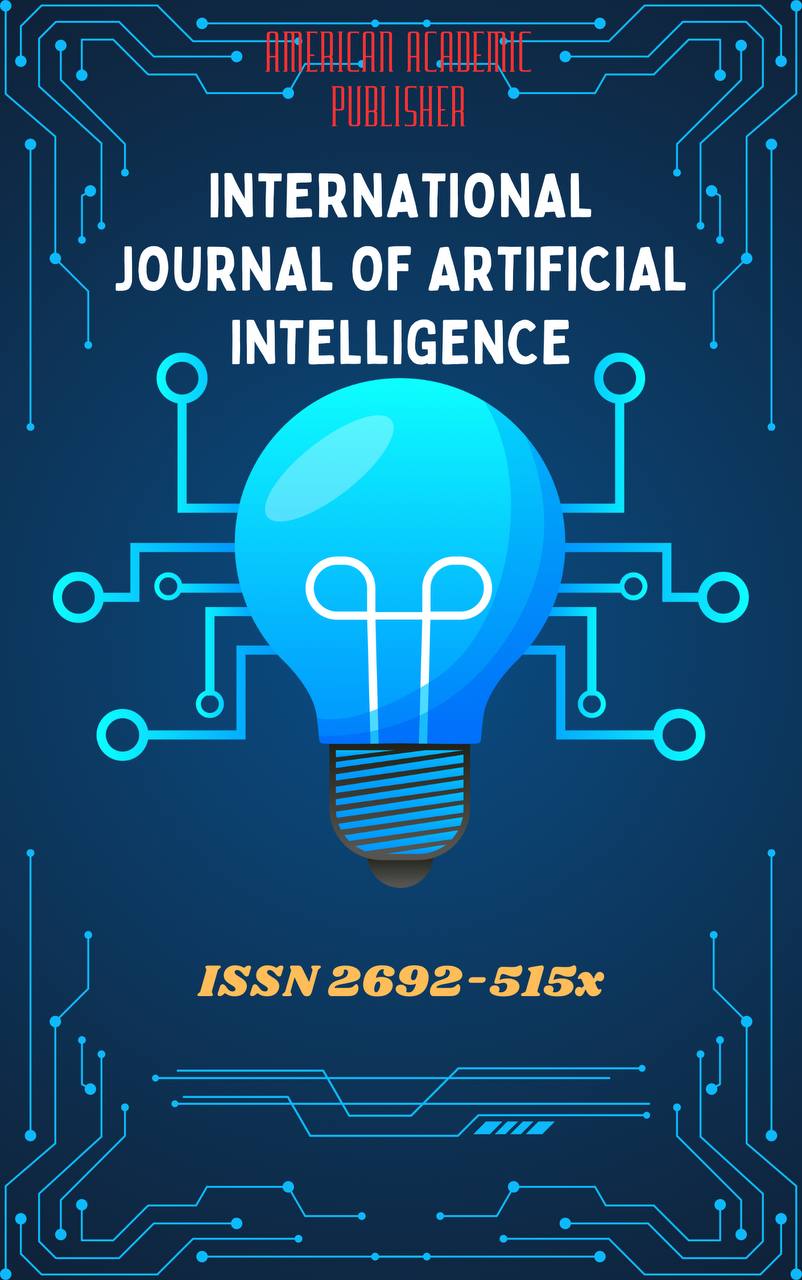 Articles
| Open Access |
Articles
| Open Access | THE IMPORTANCE OF CRITICAL THINKING SKILLS IN MODERN LANGUAGE EDUCATION
Khonzoda Komilova Muzaffar kizi, Mukhimjon Akhunov Mukhammadaminovich , Andijan State Institute of Foreign Languages Faculty of English Language and LiteratureAbstract
This article discusses the growing importance of critical thinking skills in modern language education. It explores how the ability to analyze, interpret, and evaluate information contributes to language learning and teaching. The study also highlights how integrating critical thinking into the curriculum can improve students’ communicative competence, creativity, and academic independence. The paper concludes that developing critical thinking is essential for preparing learners to face global challenges in the 21st century.
Keywords
critical thinking, language education, communication, creativity, analysis, problem-solving.
References
Paul, R. & Elder, L. (2014). Critical Thinking: Tools for Taking Charge of Your Professional and Personal Life. Pearson Education.
Brookfield, S. D. (2012). Teaching for Critical Thinking. Jossey-Bass.
Facione, P. A. (2015). Critical Thinking: What It Is and Why It Counts. Insight Assessment.
Halpern, D. F. (2014). Thought and Knowledge: An Introduction to Critical Thinking. Psychology Press.
Ennis, R. H. (2018). Critical Thinking Across the Curriculum. Rowman & Littlefield.
Richards, J. C., & Rodgers, T. S. (2014). Approaches and Methods in Language Teaching. Cambridge University Press.
Nunan, D. (2017). The Learner-Centered Curriculum. Cambridge University ress.
Vygotsky, L. S. (1986). Thought and Language. MIT Press.
Article Statistics
Downloads
Copyright License

This work is licensed under a Creative Commons Attribution 4.0 International License.

